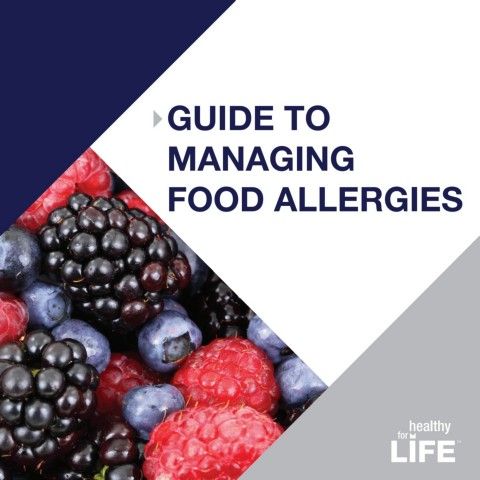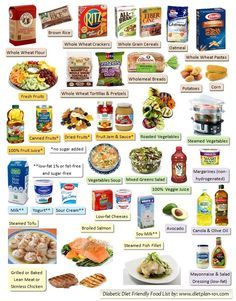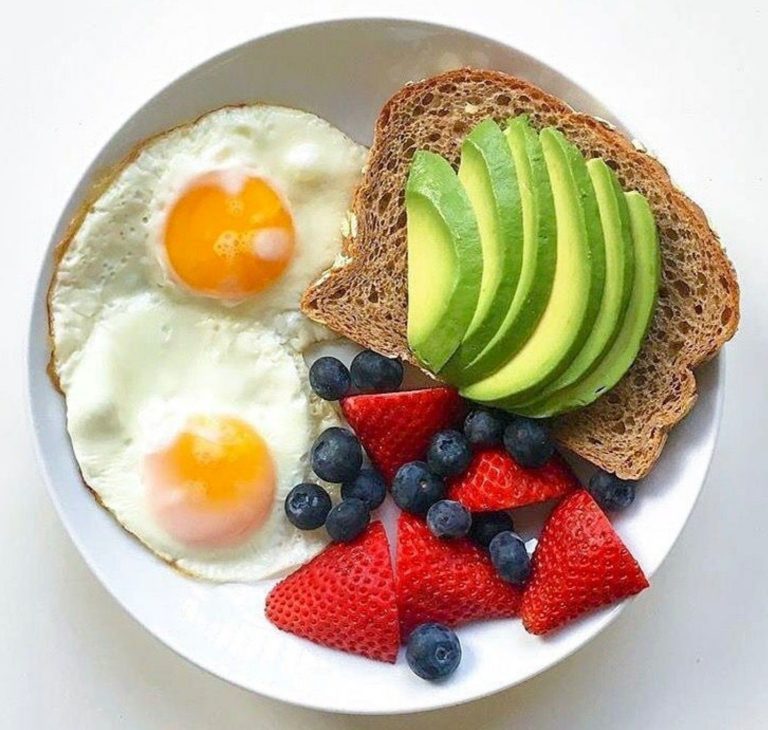Adopting a vegan or vegetarian diet has become increasingly popular in recent years, driven by concerns for animal welfare, environmental sustainability, and health benefits. These plant-based diets offer numerous advantages, but it is important to ensure proper nutrition is obtained. This article explores the key benefits of vegan and vegetarian nutrition and provides valuable insights into how to maintain a balanced and healthy diet without consuming animal products.
1. Sustaining Good Health
Vegan and vegetarian diets, when properly planned, can provide all the necessary nutrients for sustaining optimal health. Research has shown that these diets are typically lower in saturated fats and cholesterol, leading to a reduced risk of obesity, heart diseases, type 2 diabetes, and certain cancers.
2. Rich in Essential Nutrients
Vegan and vegetarian diets can be an excellent source of essential nutrients such as fiber, vitamins, minerals, and antioxidants. In fact, by including a wide variety of plant-based foods, individuals can easily meet their daily nutrient requirements. Key nutrients abundant in these diets include Vitamin C, Vitamin E, folate, potassium, magnesium, and phytochemicals.
2.1 Vitamin C
Vitamin C is a powerful antioxidant that helps boost the immune system, promotes healthy skin, and aids in the absorption of iron. Excellent plant-based sources of Vitamin C include citrus fruits, strawberries, kiwi, broccoli, and bell peppers.
2.2 Vitamin E
Vitamin E has antioxidant properties that protect the body’s cells from damage. Sources of Vitamin E in a vegan or vegetarian diet include nuts, seeds, avocados, and spinach.
2.3 Folate
Folate is an essential nutrient particularly important for pregnant women as it aids in the development of the baby’s neural tube. Good sources of folate in vegan and vegetarian diets include leafy greens, lentils, beans, and fortified cereals.
2.4 Potassium
Potassium is vital for maintaining healthy blood pressure and proper heart function. Excellent plant-based sources of potassium include bananas, sweet potatoes, spinach, and tomatoes.
2.5 Magnesium
Magnesium is involved in over 300 biochemical reactions in the body and is crucial for muscle and nerve function. Sources of magnesium in a vegan or vegetarian diet include whole grains, nuts, seeds, legumes, and leafy greens.
2.6 Phytochemicals
Phytochemicals are naturally occurring compounds found in plants that have been shown to provide various health benefits, including reducing the risk of chronic diseases. These compounds are found abundantly in fruits, vegetables, whole grains, legumes, and herbs.
3. Ensuring Adequate Protein Intake
One common misconception is that vegan and vegetarian diets lack sufficient protein. However, with careful food choices, it is entirely possible to obtain all essential amino acids required for proper nutrition. Plant-based protein sources include legumes (such as beans, lentils, and chickpeas), tofu, tempeh, seitan, and whole grains.
4. Iron and Vitamin B12 Supplementation
Although plant-based diets can provide an ample amount of iron, it is essential to note that the body absorbs iron from plant-based sources less effectively compared to animal-based sources. To enhance iron absorption, it is recommended to consume iron-rich foods alongside vitamin C-rich foods. Additionally, vegan and vegetarian diets often require Vitamin B12 supplementation as this nutrient is primarily found in animal products.
5. Calcium and Vitamin D
Calcium is crucial for maintaining healthy bones and teeth. Vegan and vegetarian sources of calcium include leafy greens, tofu, fortified plant-based milk and yogurts, almonds, sesame seeds, and calcium-fortified orange juice. Vitamin D aids calcium absorption, and exposure to sunlight or Vitamin D supplements may be necessary for individuals with limited sun exposure.
Conclusion
Vegan and vegetarian diets offer a range of health benefits, including reduced risk of chronic diseases, weight management, and increased intake of essential nutrients. By incorporating a wide variety of plant-based foods and paying attention to key nutrients like protein, iron, vitamin B12, calcium, and vitamin D, individuals can maintain a well-balanced and nutritionally complete diet. With proper planning and awareness, a vegan or vegetarian lifestyle can be both healthy and sustainable for long-term wellbeing.









